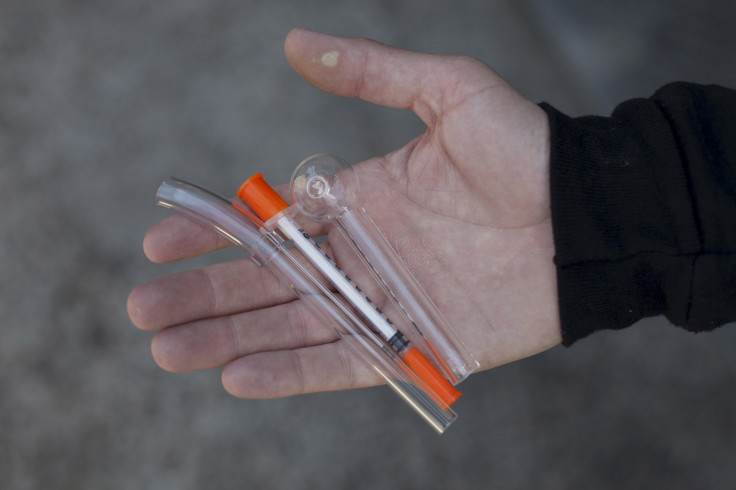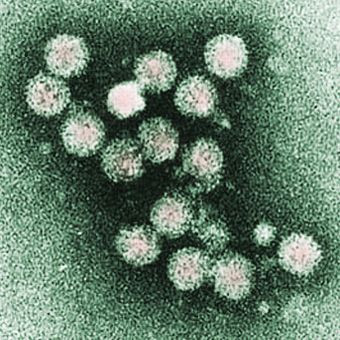As Hepatitis C Cases Triple In Tennessee, Outbreak Prompts Public Health Warning

A steady increase in the number of Hepatitis C cases in recent years prompted the Tennessee Department of Health to issue a public health warning Monday, urging residents to educate themselves about the virus and get tested, especially if they have a history of injecting drugs. Some 100,000 Tennesseans could have Hepatitis C and not know it, Health Commissioner John Dreyzehner said.
In Tennessee, acute cases of Hepatitis C have more than tripled in the past seven years, with drug users’ sharing of contaminated needles largely to blame, according to the Tennessee Department of Health, and a large number of people could be infected but not know it. In Tennessee and three neighboring states, Kentucky, Virginia and West Virginia, acute Hepatitis C cases increased by 364 percent from 2006 to 2012.
“We must all work more aggressively to reduce Hepatitis C in our communities; left unchecked, it will destroy families and wreak havoc on communities,” Dreyzehner said, stating that residents should prevent contracting the disease by avoiding certain activities including injecting drugs.

Hepatitis C is a virus that spreads through contact with contaminated blood, often through sharing needles. It is less commonly transmitted sexually. No vaccine exists for Hepatitis C, which starts as an acute infection and becomes a chronic disease if left untreated, leading to major liver problems, including cancer, according to the Centers for Disease Control and Prevention. Treatment for Hepatitis C is expensive and not always successful, and the medicines often have severe side effects.
About 75 to 85 percent of those who have acute infections go on to develop chronic ones. Nearly 30,000 cases of acute Hepatitis C were reported in the United States in 2013, while roughly 2.7 million people are estimated to have chronic Hepatitis C, many of whom do not know it, the CDC said.
The warning recalls a recent HIV outbreak in rural Indiana that was linked in part to needle sharing among drug users. A lack of education about to prevent HIV transmission played a major role in the spread of the virus. As of July 14, the affected area in southeastern Indiana had 174 reported cases of HIV.
© Copyright IBTimes 2025. All rights reserved.






















